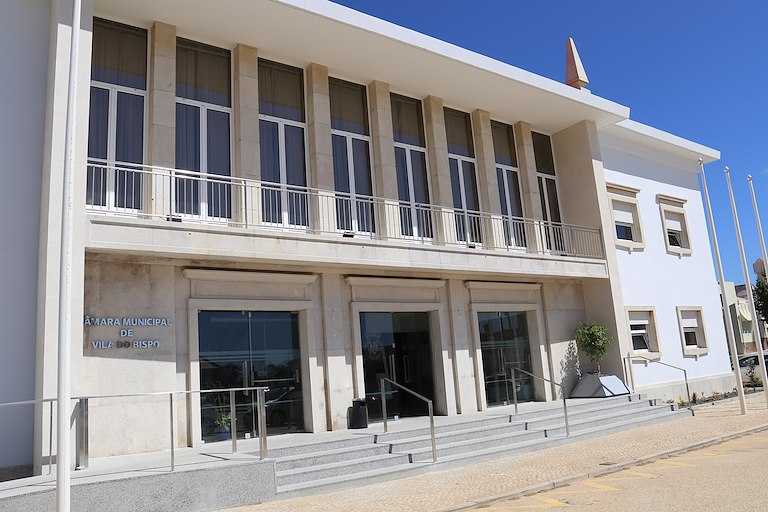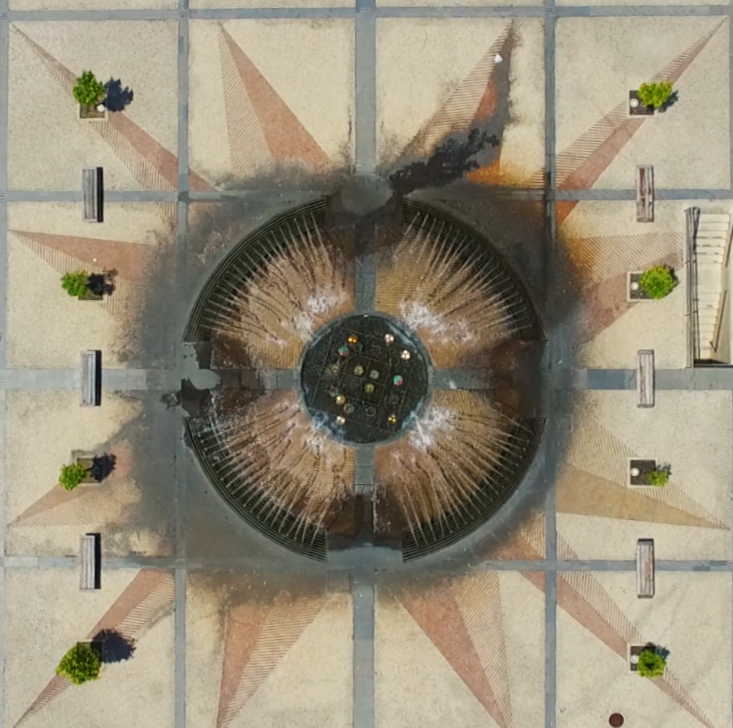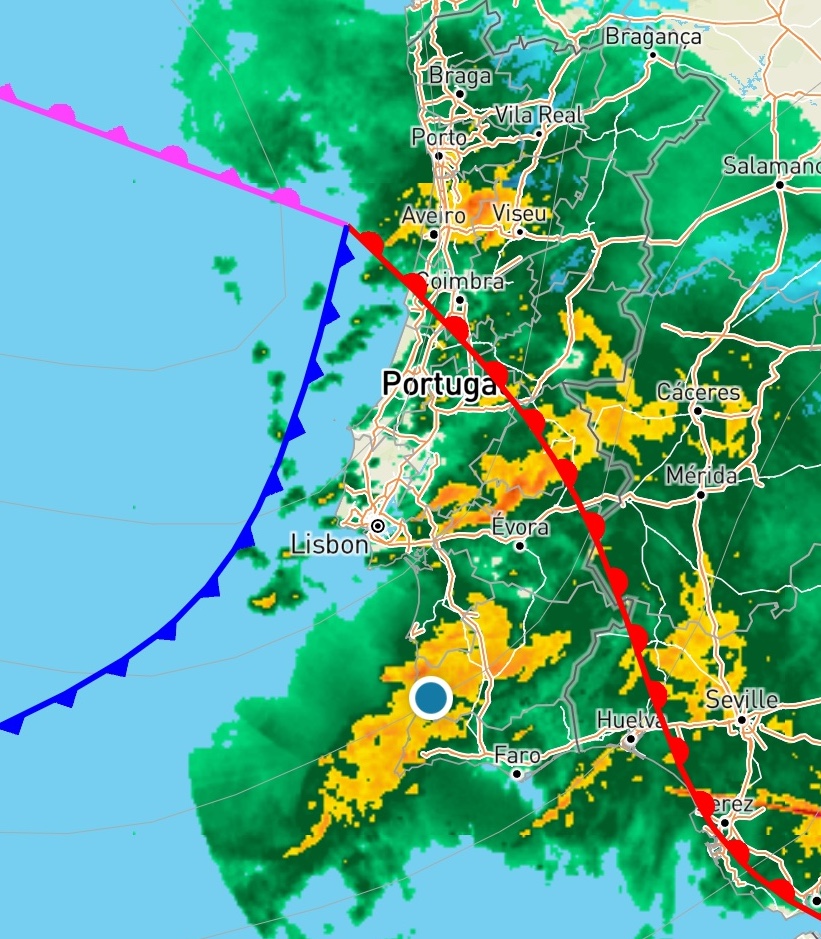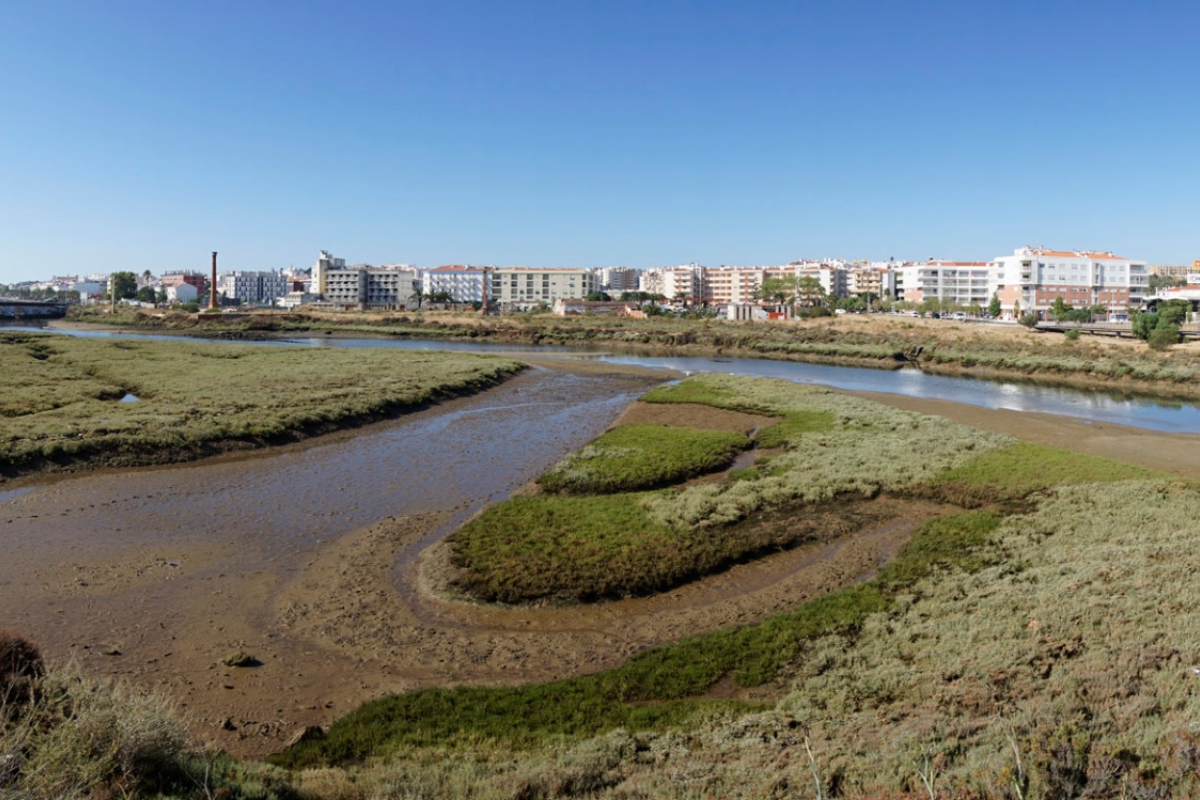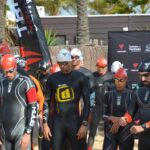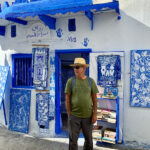Sophie Sadler meets the new Head of Nobel, Algarve British International School in Lagoa.
Ian Temple has been on a remarkable pedagogical journey since he started teaching in the North East of England. This journey has taken him to Dubai, Malaysia, and now the Algarve. I met Ian to learn about his vision for Lagoa’s “school of the future”.
When you meet Ian, it’s difficult not to feel excited. He has the enthusiasm and energy of one of the children whose education he is now responsible for, along with a vision and understanding of education that goes beyond exam results. That is because Ian knows that achieving good academic results depends on the minutiae of running a school of this size and the art of educational assessment and accountability, which he believes leads to excellence.
Ian doesn’t just sit in his office’s ivory tower; he spends time in the playground, mixing with the students. This has been his first step in understanding the school’s culture and interactions so he can better communicate with parents.
While Ian acknowledges that integrating two schools—international and national—within one campus presents challenges, he believes creating harmony between the two sections is well within his capabilities. “I have worked in schools with two different languages, and while there are differences, I am becoming educated in Portuguese education law to assess what we can do to bring the two cultures more in line.”

A journey to excellence
I am keen to discover what inspired Ian to embark on his pedagogical journey and how he can take Nobel Algarve British International School in Lagoa to the next level, building on previous success as an established and popular school in the area. After completing his bachelor’s degree in Business Studies, Ian began his career in education in 1993, teaching Business and IT. At the beginning of the 1990s, his subject Computer Studies was a new subject.
As an advocate of IT, Ian also participated in the first wave of Ofsted (Office for Standards in Education) inspections, which replaced the HMI inspections. These inspections were more rigorous and examined many more areas of education. Although Ofsted reports have received some negative publicity in recent years, Ian is adamant that observing and evaluating teachers is essential for continuing professional development.
“It’s all I’ve known since I was a young teacher: sometimes someone will come into my classroom and ask me a lot of questions about what I’m doing, why I’m doing it, and how I can make it better. Evaluation is something I’ve maintained throughout my career because I think it certainly kept me on my toes as a teacher, knowing that somebody was going to come in at some point and ask me what I’m doing.” Globeducate, the international group of schools that Nobel Algarve belongs to, has its own framework of assessment and monitoring and evaluation of teaching, which forms part of the quality framework: The Platinum Standard. “We work with this at Nobel Algarve and have regular visits from our Education Team and opportunities for teacher development,” adds Ian.
The headmaster firmly believes that schools are not factories that churn out exam results. “We need to ensure that we develop the whole child and not just prepare students for examinations, which is a recurring theme in many educational systems – and this is something we take pride in here at Nobel Algarve. We have just had students participating in global events for music and arts.”
Ian climbed the ladder to deputy head in the UK over an 18-year period, working in three schools in South Shields, Newcastle, and Redcar and head teacher there called Jim Rogers. “Jim was a great role model, who really knew his stuff!” And that’s where Ian really learned how to lead a school. “It was the only outstanding school in the area and that was down to the pastoral care of the children.” Ian’s time in that school made him a believer in the importance of high-quality pastoral care, looking after the children to ensure they got everything they possibly could out of school.
Ian, however, needed a new challenge. This came when he took on the leadership of Deira International School in the UAE. “I always remember the first day I walked in, coming from an outstanding school in the UK, and thinking, ‘Oh dear, what have I done?’ I asked, ‘What is that huge pile of reports and envelopes on the desk over there?’ And someone said, ‘Oh, that’s last year’s reports’, which still hadn’t been sent to parents. I knew I had a lot of work to do, but that year, I was able to assemble a team of teachers. We all stayed at that school for a minimum of six years. Having the right teachers is the key.”

Ian transformed Deira International School from a low-achieving status to being rated 8th in the UAE through continuous evaluation of teaching practices, a model he continues to use. After Dubai, Ian moved to lead a school in Malaysia, which had both a National and International Section. His school was a member of several different assessment groups, including the Council of International Schools.
Ian feels inspection reinforces feedback: “I can walk around the school and point out where they can adapt their practice to improve students’ outcomes. But when you have an external body come in and start saying the same things as you are, it gives great power to the change that you want to instil.”
I enquired if Ian had any thoughts on the negative publicity surrounding Ofsted in the UK and whether he had concerns about similar pressures being placed on teachers international schools? Ian expressed concerns “that the system of categorising schools from outstanding to unsatisfactory was too simplistic”, referencing the tragic incident of a head teacher in the UK taking her own life, which he attributed at least in part to the pressures of Ofsted’s inspections. “I know what it’s like to feel stressed when receiving last-minute notifications of inspections and having teams of office inspectors, lacking in practical experience, scrutinising the school.” He acknowledged the need for reform within Ofsted to address these issues but maintains that the underlying philosophy of ensuring educational quality was still valid.
Nobel Algarve is currently going through the application process to become a COBIS (Council of British International Schools) member, which will involve a close relationship with the organisation and will complement the existing Globeducate Platinum Standard evaluations that take place regularly.
Investment in the future
Nobel Algarve British International School in Lagoa has some really inspiring teachers, and Globeducate has a robust professional development programme for all staff, which involves online training and in-person leadership training hosted at different schools around the network. For example, some people like to follow the curriculum pathway; some like to go down the pastoral route. Globeducate offers opportunities to join global learning communities, to move between schools in the group, and to attend middle management courses as well as global events. “It’s very lucky for me to turn up in my first year here as the teachers are starting to see that the organisation is investing in them, and they are enrolling in programmes that will keep them here for years to come,” observes Ian.
Globeducate is one of the world’s leading international K12 education groups, with a network of 65+ premium bilingual and international schools and online programmes, educating 40,000 students in 11 countries and now two campuses in the Algarve and one in Lisbon. Nobel Algarve British International School has been a member of Globeducate since 2019, and during this time, the school has made significant investments. “We are currently developing a €24 million project, having already opened a new preschool in September 2024 and with plans to open a new dining hall, multi-purpose gym, STEAM classrooms and a refurb of this school here. Without this level of investment, international schools would find it difficult to invest in a project of this size.”

A gold star
When Ian is not analysing timetables, teaching and learning methods, or spending time in the playground, talking to the students, he enjoys the freedom that the Algarve’s climate offers. “In Dubai, it was generally too hot to do anything outside, so my wife and I are enjoying walking and exploring the area.”
Ian is obviously aiming for a gold star at the end of this academic year and practising what he preaches. He will hold regular meetings and discussions with parents to be accountable and demonstrate to them the progress they are making in the school.
There is clearly so much potential for this school, and with new classrooms, a dining hall and a multi-purpose gym scheduled for completion in 2025, Nobel Algarve British International School, Lagoa and Globeducate is a huge asset for the Algarve.
Let’s just hope Ian is headed for a gold star, not detention!

